When eight combat veterans volunteered to return to Iraq, they knew they would be interacting with troops, answering questions about their injuries, their experiences and their new lives as wounded warriors. They were ready.
From Baghdad to Taji to Balad, Soldiers on the ground seemed to have the same question - what was the most frustrating part after they sustained their injuries. The answer was unanimous among the vets. Stay in contact with those who have been injured.
"As Soldiers, we have such a bond. Whether we've been together for six months or five years, it's a brotherhood. Whether we've spilled blood together or not," said retired Capt. Ferris Butler, one of the wounded veterans who participated in Operation Proper Exit IV from Jan. 31 through Feb. 6. "You have to follow up with those who have been injured. Follow up as friends, and keep that camaraderie."
Butler said that he and Sgt. 1st Class Michael Schlitz, who returned for a second trip to Iraq as a military mentor, were lucky because their unit had someone there for them throughout every step. Butler and Schlitz were serving with the 2nd Brigade Combat Team, 10th Mountain Division when they were injured.
"When I got evacuated to Germany, there was a 10th Mountain liaison waiting for me. When I landed in the states, I had another liaison there," Butler said. "When Mike got hit, I knew about it right away. (Tenth) Mountain did a great job."
However, not all injured Soldiers have been so lucky.
Sgt. Omar Avila, now retired, was struck by a deeply-buried improvised explosive device in 2007. His best friend, Staff Sgt. Juan Campos, was also injured in the blast.
"Before we got evacuated, I looked over at him and said 'See you when we wake up, brother,'" Avila said.
Sadly, Campos passed away because of his injuries. No one informed Avila. It was a few weeks later, in the hospital, that he found out about his best friend.
"My friend had a tattoo with the initials 'J.C.' and I asked him why he had them on his arm. That's when he told me Juan had died. I literally cried for hours," Avila said.
Although some Soldiers fear telling their injured and recovering buddies about other Soldiers in their unit who were wounded or killed in action, believing it will hinder the recovery process, Butler said that isn't the case.
"It's a double-edge sword. They will find out eventually. It is better to find out now, rather than later. There is nothing gained by not keeping their injured buddies informed. In fact, if they know another guy got injured then they can prepare to see them in the hospital," said Butler.
That was also the case for Avila, who was reunited in the hospital with Sgt. Jay Fain, another Soldier in his unit, 1st Infantry Division "Big Red One", who was struck by an explosively formed penetrator about one month after Avila was hit.
To this day, the two remain very close because they helped one another through their recovery processes, Avila said.
"It's that guy next to you that's going to pick you up," said Schlitz. "I'm a big advocate of peer and unit support because it really makes a difference."
At every town hall meeting with Soldiers, Schlitz stressed the importance of keeping contact with those who have been injured.
"If you don't call them, if you don't e-mail them, if you don't write or visit them, I will tell you now...it hurts," Schlitz said.
Butler added that it is as simple as finding buddies using the Army's e-mail service, Army Knowledge Online.
"We want to still be in the fight," Avila said. "We can't be right next to our Soldiers, but we are still in the fight. Don't count us out just because we got injured. We are still, and will always be, a family."
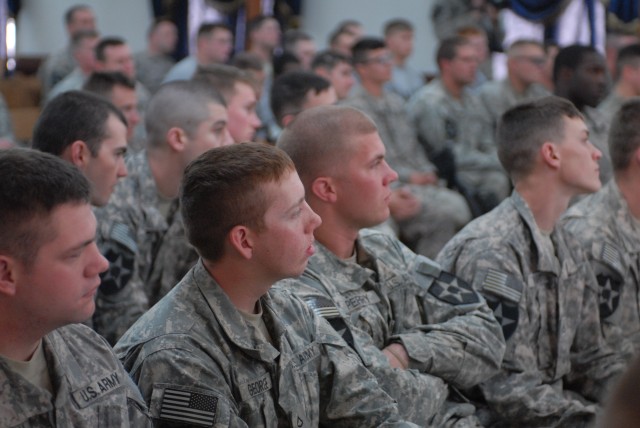
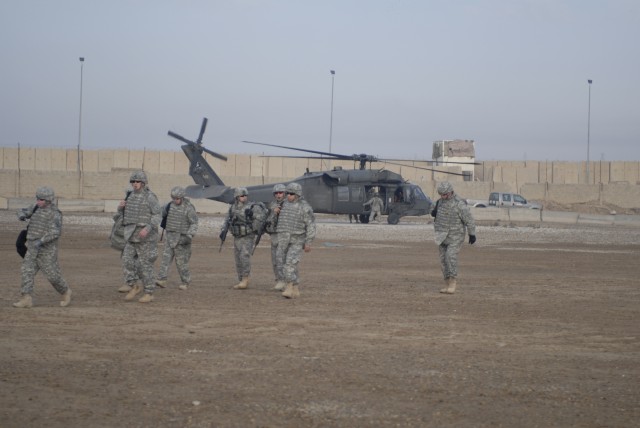
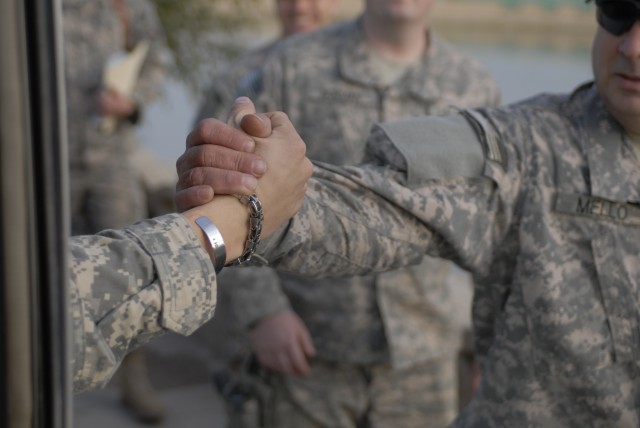
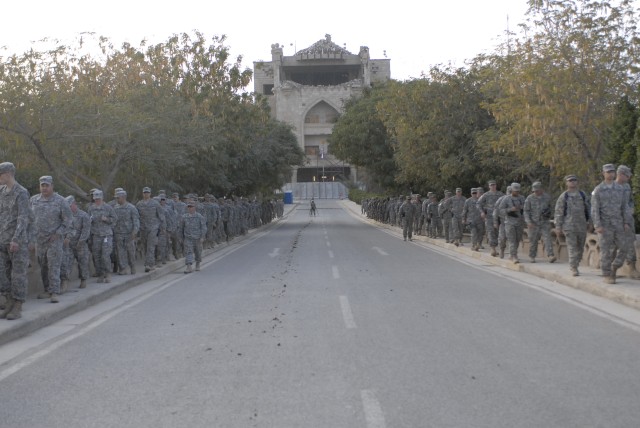
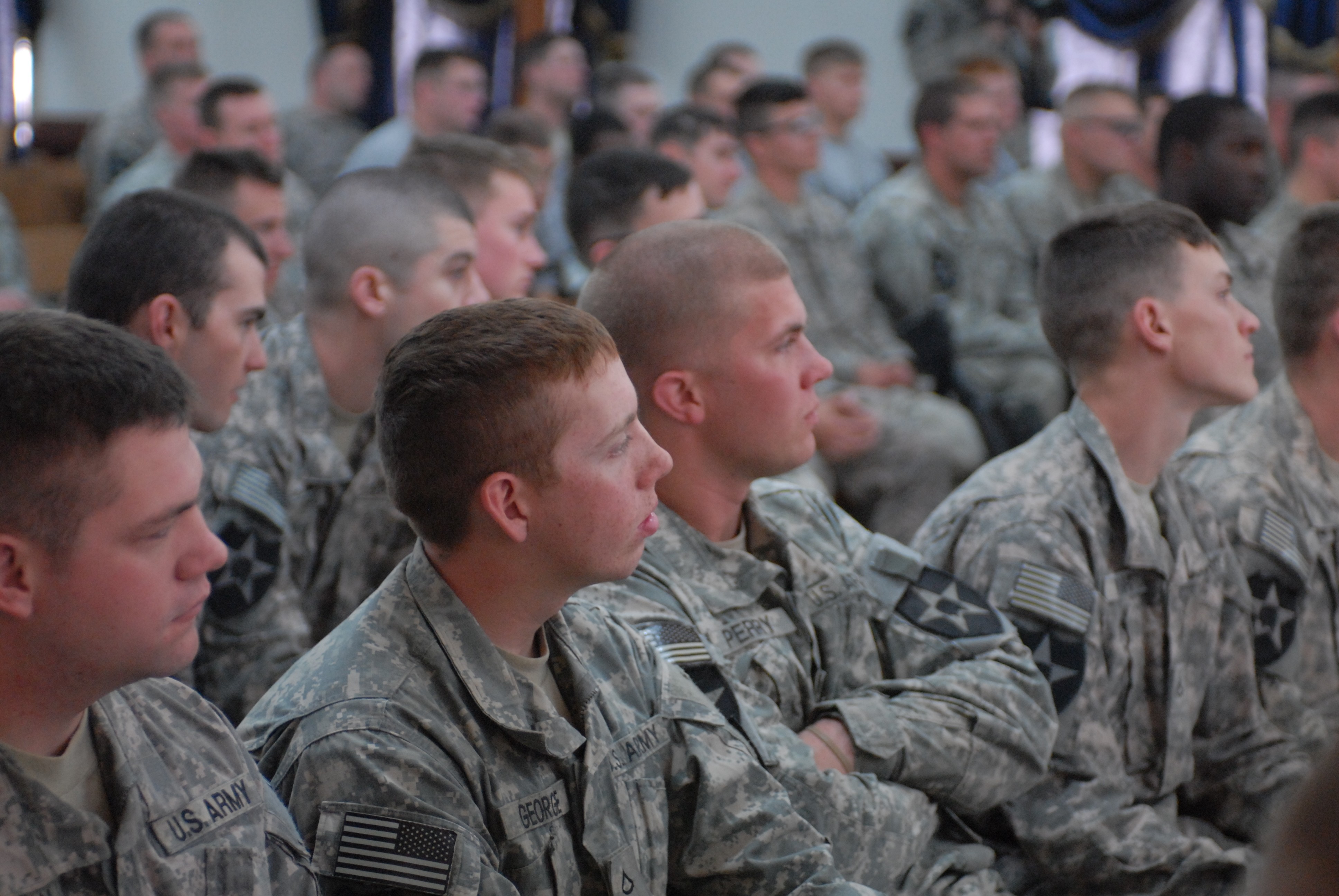
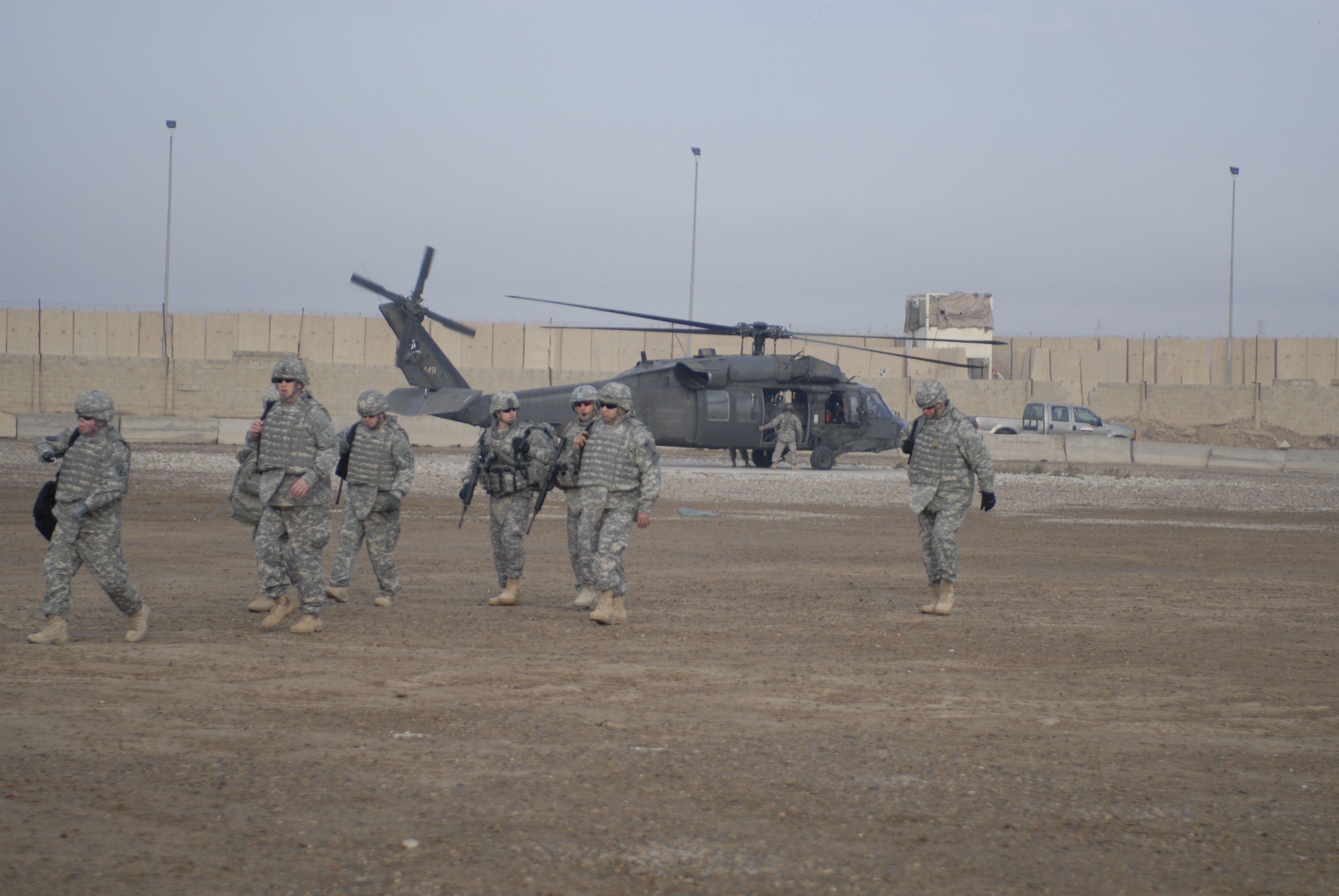
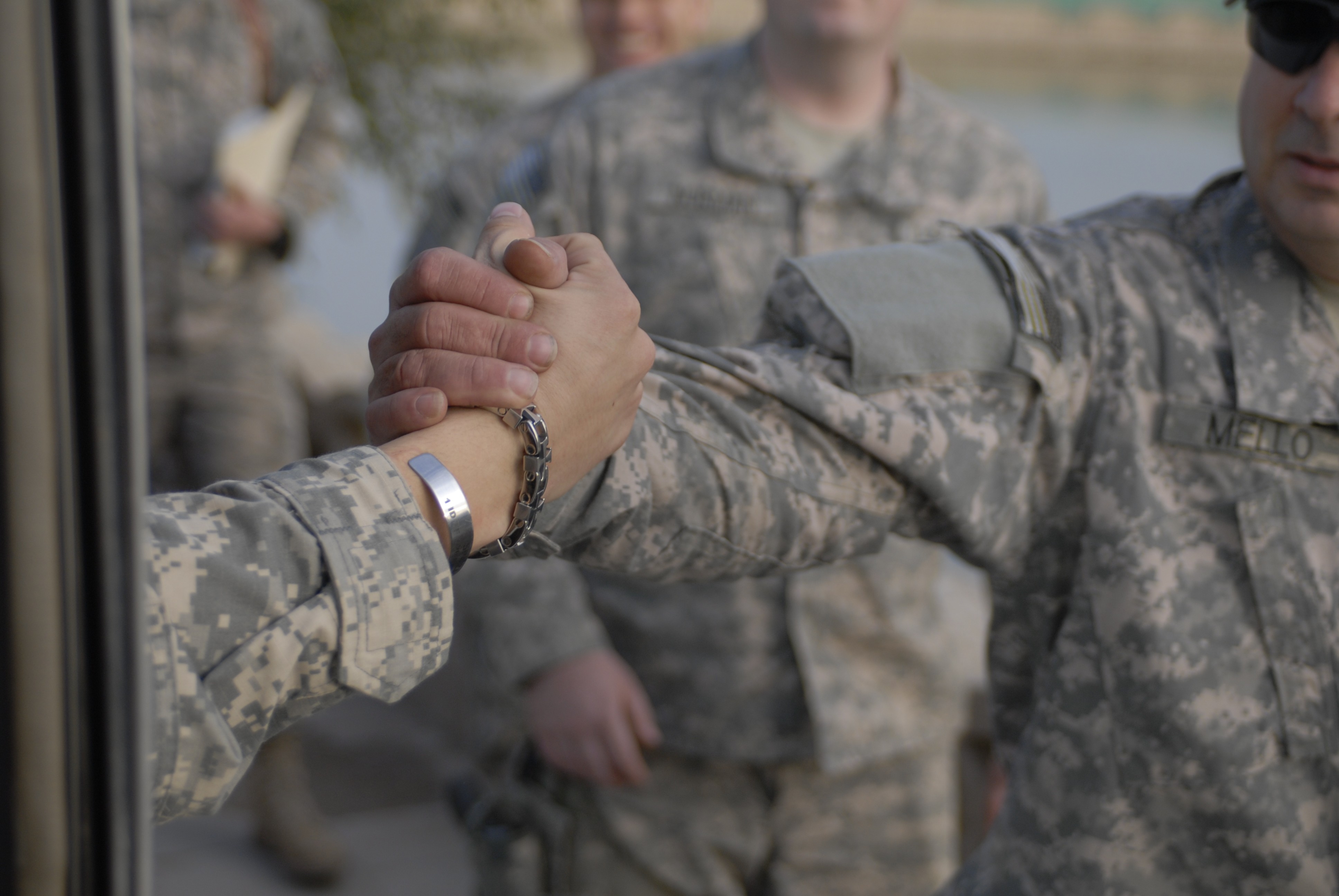
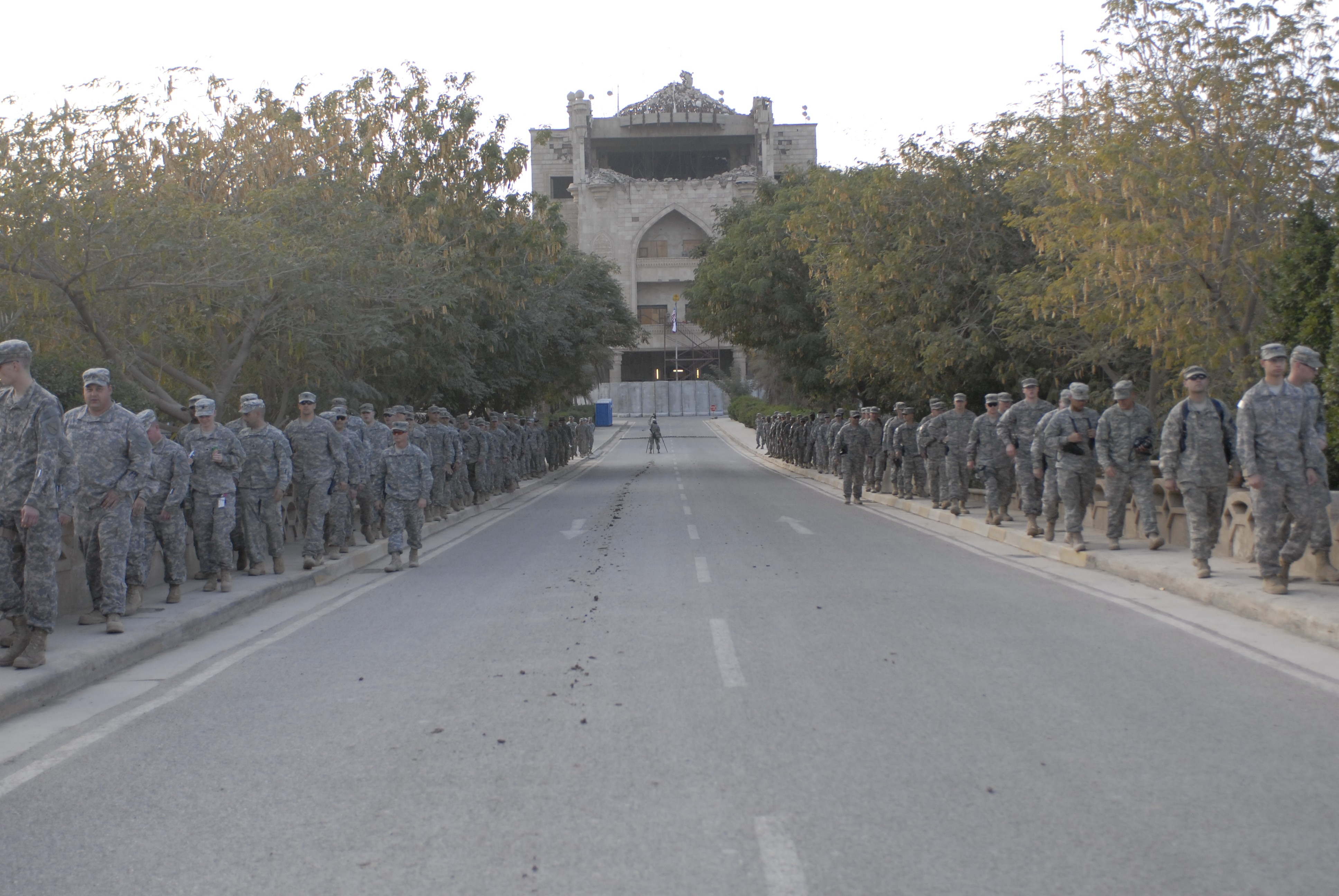
Social Sharing